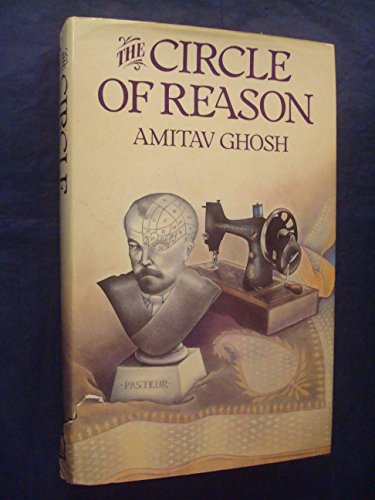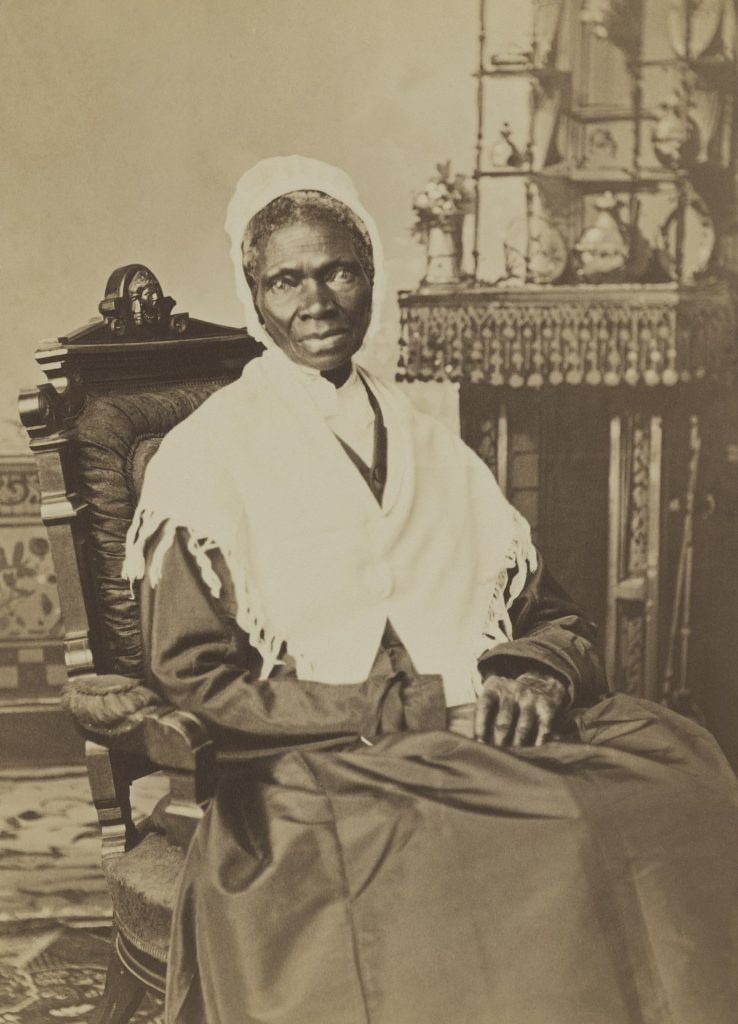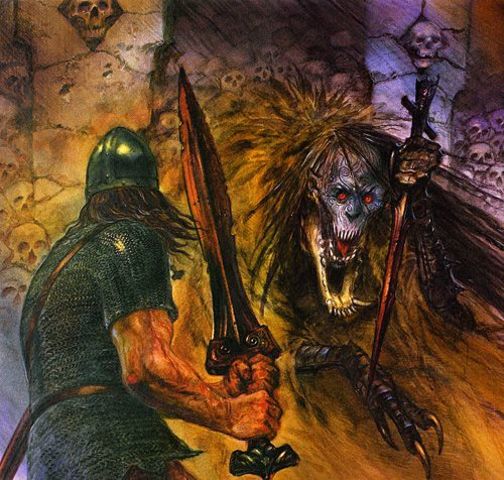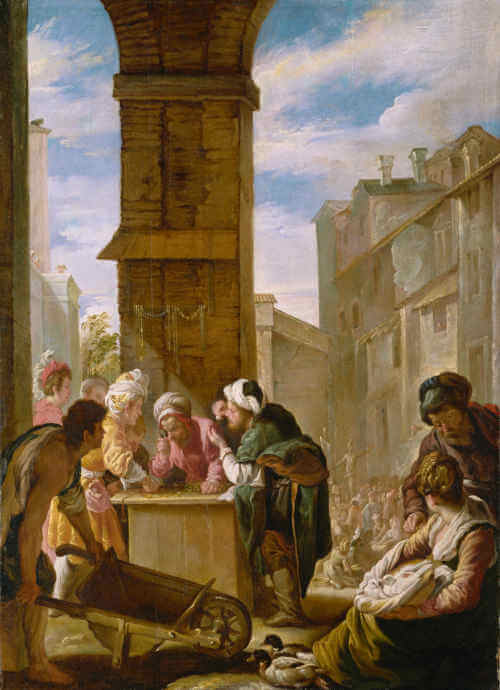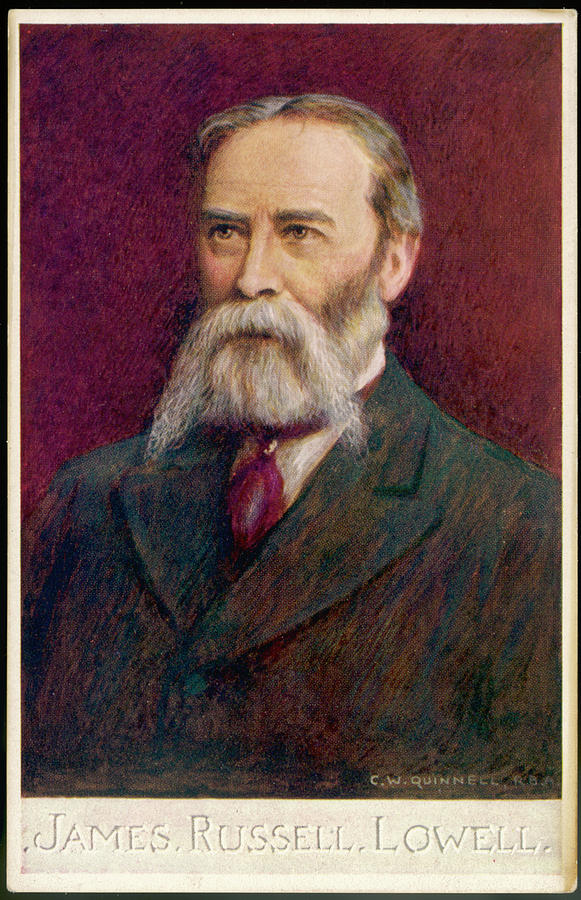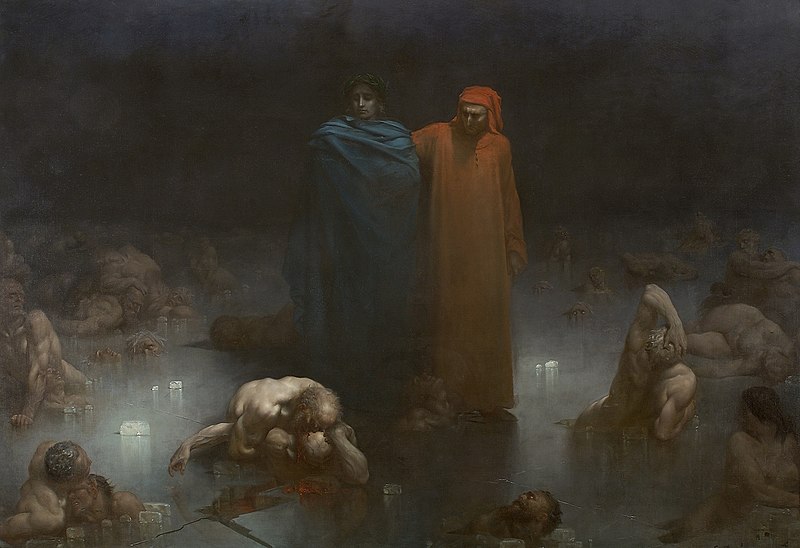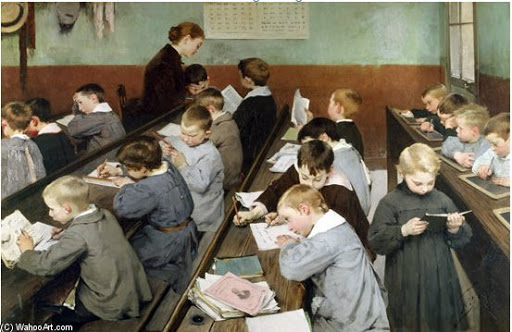
Thursday
Julia alerted me to this Atlantic article about how we should memorize poetry for when times get tough. But not just any poetry. Eliot A. Cohen recommends “robust” poems such as “Invictus,” which John Lewis turned to as a child. (See my post on that here.) He also mentions Longfellow’s “The Building of the Ship,” Arthur Clough’s “Say Not the Struggle Nought Availeth,” and Rudyard Kipling’s “If.”
I, who spent a sizable amount of childhood time memorizing poetry, take issue with Eliot’s selection. But more on that after we hear his argument.
In a time of “acute anxiety,” Eliot says, robust poems are a good antidote to the “posture of victimhood and one of its more dangerous variants, fragility, [which] have become characteristic across the left and the right.” When you’re feeling sorry for yourself, just recite a robust poem and it will buck you right up:
Robust poems committed to memory can counteract the corrosive effects of self-pity. They can offer a different way of viewing the world, particularly to generations that did not suffer the buffetings of the early and mid-20th century, and are now bewildered by the calamities that seem to arise from nowhere, and leave them powerless.
I enjoy some of Eliot’s stories. For instance, he recounts how Roosevelt sent Churchill a Longfellow verse in the early days of World War II and then how Churchill cited both that verse and also an excerpt from “Say Not the Struggle” shortly thereafter.
“The Building of the Ship” arrived early in 1941, along with a note that the stanza “applies to you people as it does to us.” Roosevelt was in no position to offer England active assistance—it would take the Pearl Harbor attack to get America into the war—but he could use the poem to convey his sympathy. It was written in 1849, a time when tensions between the north and the south were reaching a boiling point.
Sail on, O Ship of State!
Sail on, O Union, strong and great!
Humanity with all its fears,
With all the hopes of future years,
Is hanging breathless on thy fate!
Churchill’s poem has similar sentiments. Interestingly, the conservative Churchill would have actively opposed Clough’s pro-Chartist (communist) sympathies. Written in 1849, the poem was directed to those witnessing the failure of the 1848 revolutions. I share the entire poem although Churchill only read the last two stanzas:
Say not the struggle nought availeth,
The labour and the wounds are vain,
The enemy faints not, nor faileth,
And as things have been they remain.
If hopes were dupes, fears may be liars;
It may be, in yon smoke concealed,
Your comrades chase e'en now the fliers,
And, but for you, possess the field.
For while the tired waves, vainly breaking
Seem here no painful inch to gain,
Far back through creeks and inlets making,
Comes silent, flooding in, the main.
And not by eastern windows only,
When daylight comes, comes in the light,
In front the sun climbs slow, how slowly,
But westward, look, the land is bright.
Of course, Eliot can’t leave out “If” from his selection of robust poems , quoting the muscular quatrain from the third stanza. While I found the poem hackneyed when I was a high school freshman, I do indeed find it bolstering in this age of Trump:
If you can force your heart and nerve and sinew
To serve your turn long after they are gone,
And so hold on when there is nothing in you
Except the Will which says to them: ‘Hold on
It’s noteworthy that many of these poems are from the days of the ascendant British empire, evoking will power and firm determination. Kipling’s ringing conclusion to his “if/then” poem confirms this:
Yours is the Earth and everything that’s in it And--which is more--you’ll be a Man, my son!
Perhaps realizing that he’s been favoring macho male poems to this point (although he makes a side reference to Maya Angelou’s “I Rise”), Eliot cites Edna St. Vincent Millay’s best-known lyric. He commends it for its absence of self-pity but it still doesn’t fit with the others poems he mentions, focused as it is on her bohemian life style in 1920s New York rather than on some kind of triumph of the will:
My candle burns at both ends;
It will not last the night;
But ah, my foes, and oh, my friends—
It gives a lovely light!
Would he regard this as robust when read in the light of the poem that follows (in her 1922 collection From Figs to Thistles):
SAFE upon the solid rock the ugly houses stand:
Come and see my shining palace built upon the sand!
Eliot continues his article with two more robust poems:
To add to the social and political turmoil of the moment, the anger and the fears, come now sheer weariness. As the shutdowns of the coronavirus continue, we all tire of Zoom calls, Netflix bingeing, and even, perhaps, attempts to tackle once again War and Peace or Moby-Dick. Perhaps, then, it is not a bad time to turn to poetry—and particularly to give those children who will have to go to school online in the fall and are driving their parents to the edge some valuable educational successes. Get them to memorize some poems and declaim them, then talk about what they mean. And do not shrink from giving them Walt Whitman’s “O Captain! My Captain!” to know what it is to lose a great leader, or W. B. Yeats’s “The Second Coming,” at a time when it often seems that “The best lack all conviction, while the worst / Are full of passionate intensity.”
I must say I don’t see “Second Coming” as a good bolstering poem in our age of anxiety. As I’ve noted in the past, too often it is used by people in a kind of “a plague on both your houses” way. In the current American climate, this suggests a false equivalency between a party that is interested in responsible governance and the party that has become a cult. Looking at the Democratic National Convention, I see many admirable people who have both conviction and passion. We don’t have the luxury of fatalistically surrendering to the rough beast that slouches toward Bethlehem.
But that being said, I’m very much in favor of memorizing poetry. Although my American teachers didn’t require us to do so when I was growing up (my French teachers certainly did), I memorized many poems on my own.
I didn’t memorize poetry because it was robust, however, as I associated boyish robustness with a disdain for the arts. Rather, memorized poetry brought mystery into a world that seemed bereft of imagination. I memorized such poems as Keats’s “La Belle Dame Sans Merci,” Sir Walter Scott’s “Soldier Rest” (“hands unseen thy couch are strewing”), and Coleridge’s “Kubla Khan.”
Although Eliot and I recommend different poems, however, I love the point he makes through the Emily Dickinson lyric with which he concludes his article. Memorized poetry can serve as a kind of scaffold of character, he asserts. We may case to recollect “the auger and the carpenter” that built us, but the solidity of our structure—of our soul— testifies that they have done good work:
The Props assist the House Until the House is built And then the Props withdraw And adequate, erect, The House support itself And cease to recollect The Auger and the Carpenter – Just such a retrospect Hath the perfected Life – A past of Plank and Nail And slowness – then the Scaffolds drop Affirming it a Soul –
I suppose the props could be education in general, but poetry is particularly effective at soul construction.
